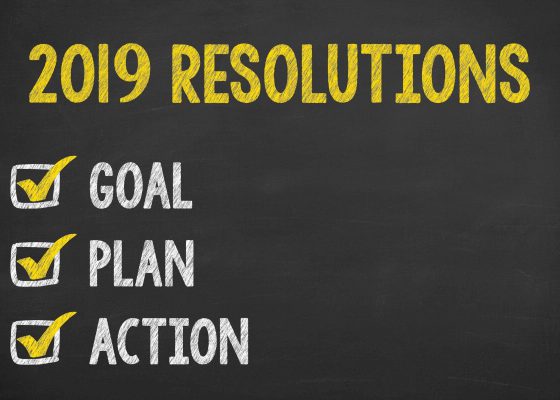Top 5 tips to avoid working for free
Richard Tidswell
17-08-17Let’s be clear: I am not suggesting for one moment that you should not offer to do pro bono work or volunteer your time for causes you feel strongly about.
We’re talking about those time drains when you unwittingly work for free.
This tends to involve the drawn out sales processes where you seem to keep giving away a lot of unpaid time.
This is before any agreement has been made, or any contract signed.
We’ve all been there. It is particularly common when we’re in a start-up mode and trying to raise our profile by being as visible as we can be and making new connections.
While we may have to kiss a few frogs along the way, how do we seek to maximise our chances of kissing a prince?
This article gives some useful tips on how to spot the frogs early on and, perhaps as importantly, how to avoid becoming one yourself.
So, how do we pucker up to kiss a prince?
Firstly, be clear on what makes your prince a prince. Spend time identifying who it is that ‘values most what you do best’. What is it that makes you different or better in what you do? And who is it that values that most?
Spend some time reviewing your customers and sales to date. Look at who is active and inactive by looking at order frequency and value. Use this to understand your ideal or most valuable customer – what characteristics do they share?
Then look for ways to find more of them – either being visible where they hang out or by asking others to introduce or refer you to them.
Once you’ve found your ‘ideal clients’ you will want to set up a meeting and see if and how you can work together.
Here are five tips on how to stop working for free during the sales process:
1. Get others to sell for you.
Understand how people buy and structure your sales process. It is natural for people to want to know ‘what it will be like’ to work with you. So, think of ways they can try you out without offering things for free or at a discount. This could include getting others to sell for you, such as with testimonials, case studies and references.
2. Set clear objectives for sales meetings.
Keep in mind why you are there and Always Be Closing (ABC).
Be aware of buying signals and don’t be afraid to ask for the order.
You can have alternative ways of closing the deal, such as ‘we can either approach it this way, or that way – which works best for you?’
3. The power of ‘No.’
Your time and skill is a precious resource and you should value it.
Think about how much the sales process costs you. Are you whiling away the hours with time wasters? Are there better ways you could be spending your time?
It’s easy to get caught up in ‘busyness’ rather than effectiveness. It is important to recognise the process as a return on your valuable time.
It’s also vital you accept your services will not be right for everyone and you know when it is time to walk away.
4. Avoid the scope creep.
It is helpful for all concerned to be clear on the scope of work to be carried out from the start.
Set out your terms and conditions and let the client know what is expected of them in order to carry out your work effectively.
Sometimes clients will ask for services which are not part of the ‘paid for’ package. Be aware of your work boundaries and ask upfront for extra payment when appropriate.
5. Get up front commitments.
You can easily end up working for free – or see the goal posts being moved – if you do not get upfront commitments from the start.
This can include signing terms and conditions, setting the scope of work and paying a deposit.
If a potential client sees the value in what you can deliver, then this should not be a problem.
If displays of commitment are shortcoming, then it’s time to put your efforts elsewhere.
Managing and valuing our time can be a constant challenge. The first step to breaking unhelpful and unproductive habits is to recognise them.
We have skills which other people value – and we should too.
If you would like support with any of the issues discussed in this blog, Business Doctors run a Leading Sales training discipline course to help people build revenue. Get in touch
Uncategorized

Uncategorized
November 19, 2019Business Confidence – up or down?
The Institute of Chartered Accountants in England & Wales (ICAEW) publish a quarterly UK Business Confidence Monitor and Q4 2019...

Uncategorized
March 27, 2019Have you Found your Core Purpose?
Find Your Purpose Your Core Purpose should come from a mix of what you love, what you are good at,...

Uncategorized
December 11, 2018Three Business Resolutions for the New Year
Three resolutions that you can make to improve your business in the New Year by Planning, Formalising, and Reviewing all...




